Choosing The Best Data Science Courses For Success
4.9 out of 5 based on 15621 votesLast updated on 23rd Nov 2023 9.8K Views
- Bookmark

Unlock your data-driven future with top-notch data science courses, blending theory and practical skills for career success.
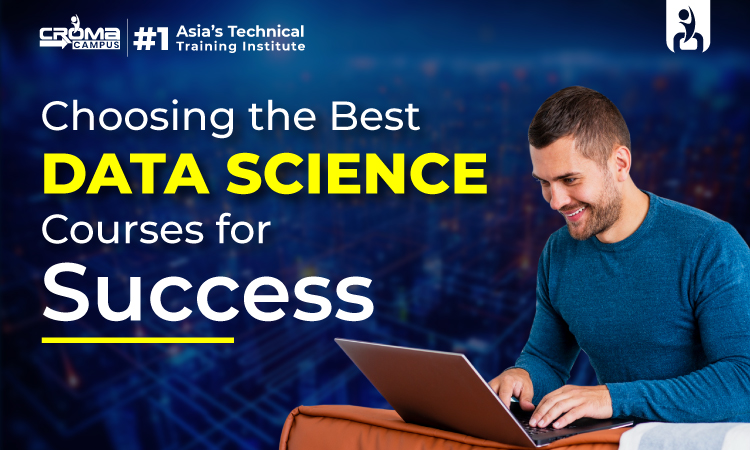
This blog covers data science from introduction and career motivations to course types, Python and machine learning specifics, choosing the best courses, future insights, and key takeaways.
- About Data Science Courses
- Why Choose Data Science as a Career?
- Types of Data Science Courses
- Learn Data Science with Python
- Data Science with Machine Learning
- Choosing the Best Data Science Courses
- Future Scope in Data Science
- Key Takeaways
About Data Science Courses:
Data Science is an emerging field in the IT industry with promising career options and job opportunities. To master this field, multiple data science courses help you to learn data science concepts from basic to advanced levels. Here are some of the primary types of Data Science Online Course.
Understanding the Types of Data Science Courses:
Foundational Data Science Courses:
- Designed for beginners, these courses cover fundamental concepts such as data analysis, statistics, and basic programming skills.
- Suitable for individuals with little or no prior experience in data science.
Specialized Data Science Courses:
- Tailored for those who want to focus on specific areas within data science, such as data visualization, data engineering, or business analytics.
- Ideal for professionals looking to enhance specific skills relevant to their roles.
Advanced Data Science Courses:
- Geared towards individuals with a solid foundation in data science, these courses delve into complex topics like machine learning, deep learning, and predictive modeling.
- Suitable for those aiming to become experts in specialized areas of data science.
Data Science with Programming Courses:
- Emphasize programming languages commonly used in data science, such as Python and R.
- Ideal for learners who want to strengthen their coding skills for data manipulation and analysis.
Data Science with Python: Unleashing the Power of a Versatile Language
Python has emerged as a go-to language for data scientists due to its versatility, readability, and rich ecosystem of libraries. Courses focused on Data Science with Python Course offer a comprehensive learning experience, covering key aspects such as:
- Python Fundamentals:
- Basics of Python programming, data types, and control structures.
- Hands-on exercises to solidify coding skills.
- Data Manipulation and Analysis:
- Using popular libraries like Pandas for data manipulation.
- Exploratory data analysis (EDA) techniques.
- Data Visualization:
- Creating impactful visualizations using Matplotlib and Seaborn.
- Communicating insights through graphical representation.
- Machine Learning with Python:
- Introduction to machine learning concepts.
- Implementing machine learning algorithms using libraries like Scikit-Learn.
Note: Data Science and Data Analytics empower businesses with insights from data. Explore Data Analytics Courses Noida to master skills for predictive modeling, visualization, and decision-making.
Data Science with Machine Learning: Elevating Insights with Predictive Analytics
In this course, you will learn various concepts of machine learning that can be used with data science to make its implementation stronger. Key components include:
- Fundamentals of Machine Learning:
- Understanding supervised and unsupervised learning.
- Exploring different machine learning algorithms.
- Model Evaluation and Optimization:
- Techniques for evaluating model performance.
- Strategies for optimizing machine learning models.
- Deep Learning:
- Delving into neural networks and deep learning architectures.
- Implementing deep learning models using frameworks like TensorFlow or PyTorch.
- Real-World Applications:
- Applying machine learning to real-world scenarios.
- Case studies and projects for practical experience.
Note: If you are staying in Noida and looking for Python Coaching in Noida, Do visit Croma Campus and get a free consultation and the best course as per your requirements. We do provide 100% job assistance as well.
Choosing the Best Data Science Courses – Key factors to Consider
- Prerequisites: Check the prerequisites of each course to ensure they align with your current skill level.
- Course Content: Review the curriculum to ensure it covers the topics and skills you want to acquire.
- Hands-On Projects: Look for courses that include practical projects to apply theoretical knowledge.
- Instructor and Platform: Consider the reputation of the instructor and the platform offering the course.
- Peer Reviews: Read reviews and testimonials from individuals who have completed the course.
Note: Python is used in multiple technologies, like full-stack, data analytics, and many more. If you want to build your career in full stack and are looking for a Full Stack Developer in Python Course, do visit Croma Campus.
Why Choose Data Science as a Career?
Unprecedented Demand:
- The digital age has ushered in an era where data is abundant, and organizations seek skilled professionals to derive insights from this wealth of information.
- The demand for data scientists has surged across industries, from finance and healthcare to e-commerce and entertainment.
Versatility and Applicability:
- Data science is not confined to a specific sector; its principles are applicable across diverse industries.
- Professionals can work on solving complex problems in areas such as marketing, healthcare, finance, and more, making it a versatile career choice.
Impactful Decision-Making:
- Organizations leverage data science to make informed, data-driven decisions.
- Data scientists play a crucial role in providing actionable insights that contribute to strategic planning and business growth.
Innovation and Problem Solving:
- Data science is at the forefront of technological innovation, with applications in artificial intelligence, machine learning, and predictive analytics.
- Data scientists have the opportunity to work on cutting-edge projects, solving challenging problems and contributing to advancements in technology.
Note: Croma Campus is one of the leading EdTech companies for providing Data Science Course in Noida. You can check the details about the course, fees and duration.
Lucrative Salary Packages:
- The high demand for skilled data scientists translates into competitive salary packages.
- Data science professionals are among the highest-paid in the IT industry, making it an attractive career option from a financial perspective.
Continuous Learning and Growth:
- The field of data science is dynamic, with ongoing advancements and new technologies emerging regularly.
- This dynamic nature offers professionals the chance for continuous learning and growth, ensuring that their skills remain relevant.
Global Opportunities:
- Data science is a globally recognized skill set, opening doors to opportunities around the world.
- Professionals can choose to work in diverse geographical locations, contributing to global projects and gaining international exposure.
Other Related Courses in Delhi/NCR:
Deep Learning Training in Noida
The Future Scope of Data Science for IT Aspirants
Emerging Technologies Integration:
- As data science evolves, it will integrate with emerging technologies such as blockchain, edge computing, and the Internet of Things (IoT).
- IT aspirants entering the data science field can explore the intersections of these technologies for innovative solutions.
Specialized Domains and Verticals:
- The future of data science will witness a surge in specialized domains and verticals, including healthcare analytics, environmental data science, and cybersecurity analytics.
- IT aspirants can choose to specialize in areas aligned with their interests and contribute to solving domain-specific challenges.
Ethical Data Practices:
- With increased awareness of data privacy and ethical considerations, there will be a growing emphasis on responsible data science practices.
- IT aspirants entering the field can contribute to shaping ethical standards and ensuring responsible use of data.
Automation and Augmentation:
- Automation tools and augmented analytics will become integral to the data science workflow.
- IT aspirants can explore opportunities in developing and leveraging these tools to enhance efficiency and productivity.
Interdisciplinary Collaboration:
- Data science will increasingly involve collaboration with professionals from diverse disciplines, including domain experts, policymakers, and ethicists.
- IT aspirants can broaden their skillset to facilitate effective collaboration and communication across interdisciplinary teams.
Continuous Learning and Adaptation:
- The pace of technological change in data science will necessitate a commitment to continuous learning and adaptation.
- IT aspirants can embrace a mindset of lifelong learning, staying abreast of new developments, and acquiring relevant skills.
You May Also Read:
Python Programming for Beginners
Python Interview Questions and Answers
Data Science Interview Questions and Answers
Artificial Intelligence and Machine Learning
Machine Learning and Deep Learning
Machine Learning Interview Questions
Key Takeaways:
Choosing the right Data Science Certification Course involves understanding foundational, specialized, and advanced options. Python courses cover programming, data manipulation, and machine learning. Machine learning courses explore fundamentals, model evaluation, optimization, and real-world applications.
Consider prerequisites, course content, hands-on projects, instructor reputation, and peer reviews when choosing a course. Data science offers unprecedented demand, versatile applicability, impactful decision-making, innovation opportunities, lucrative salaries, and continuous learning.
Future scope includes integration with emerging tech, specialization in domains, emphasis on ethical data practices and automation tools, increased interdisciplinary collaboration, and continuous learning.
Relevant Data Science Online Courses:
Full Stack Data Science Course
Machine Learning Online Classes
Azure Machine Learning Certification
Subscribe For Free Demo
Free Demo for Corporate & Online Trainings.
Your email address will not be published. Required fields are marked *
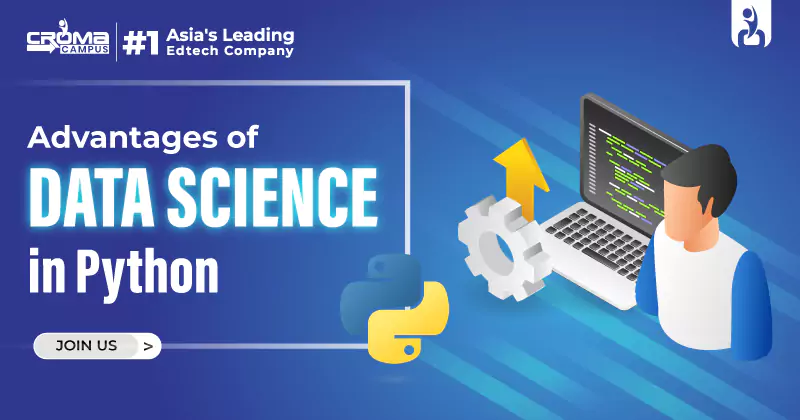
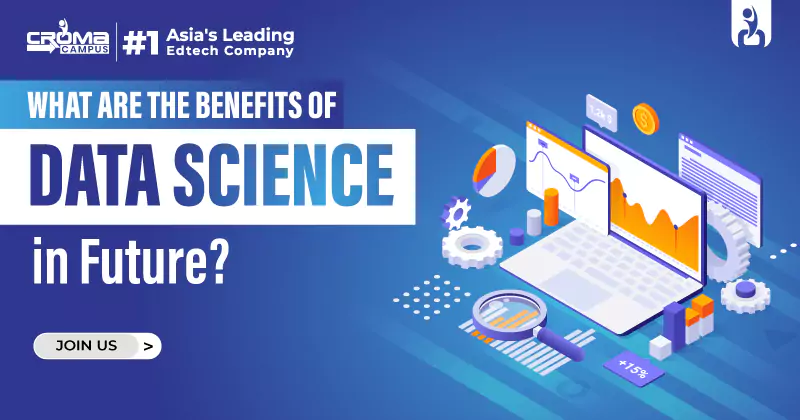
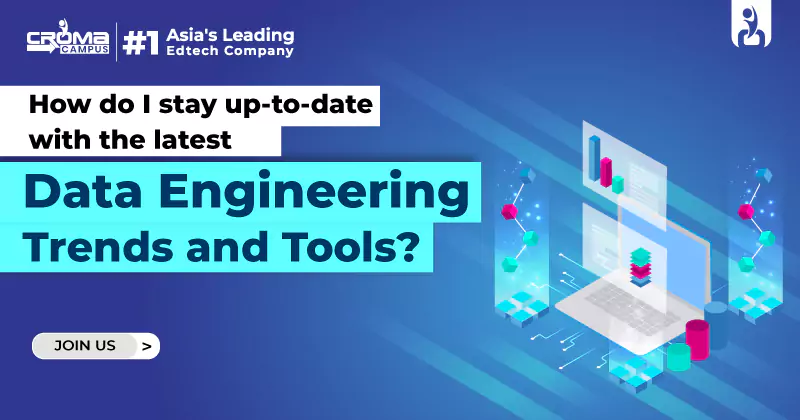
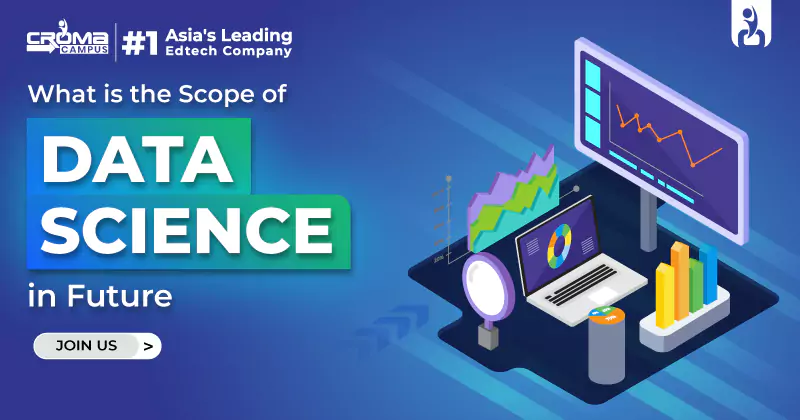

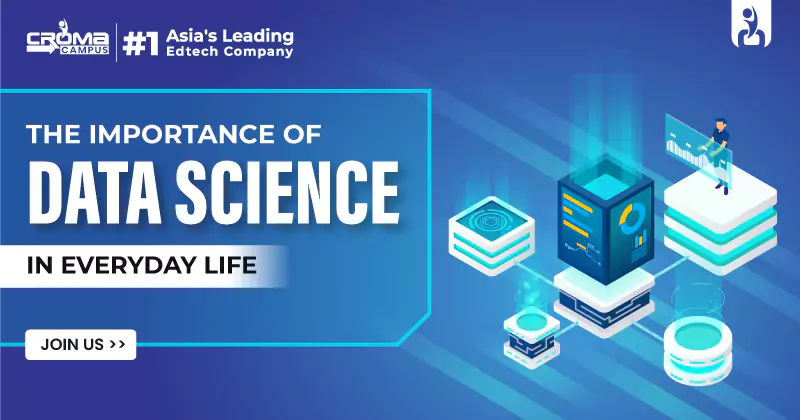
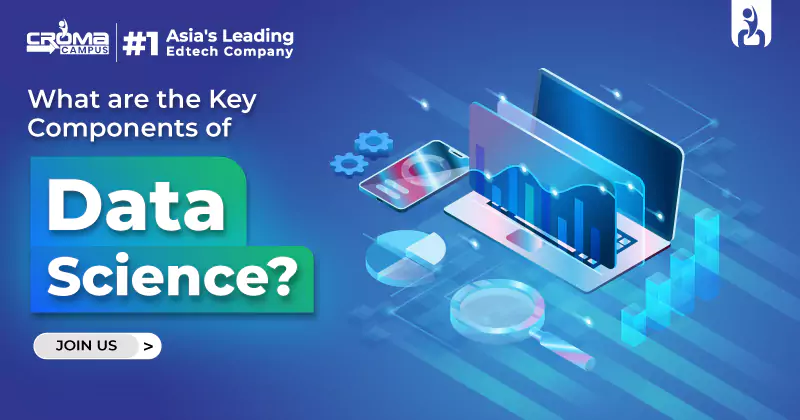

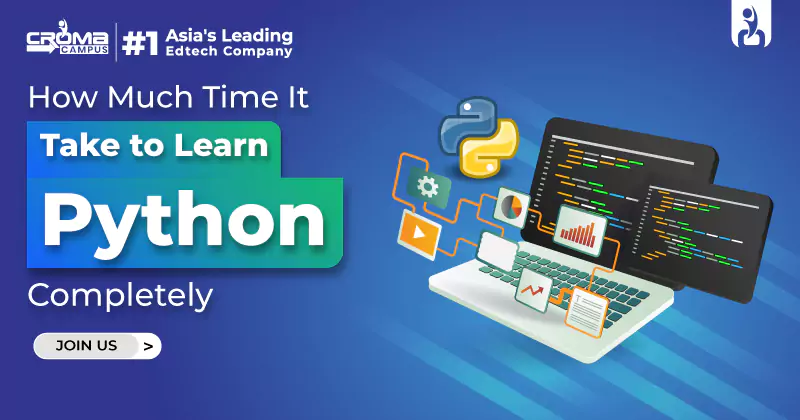
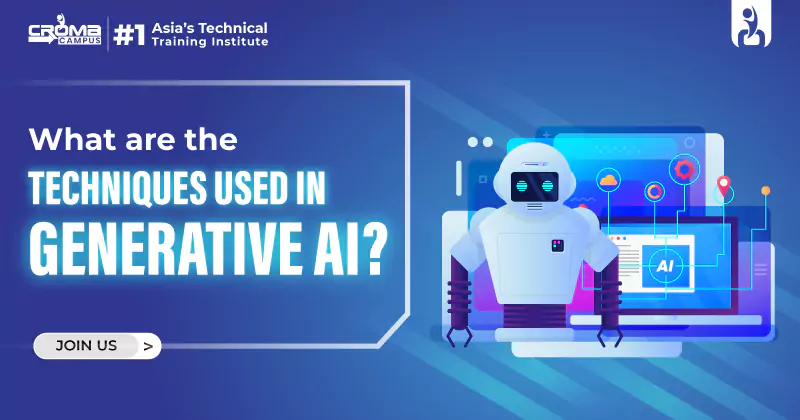

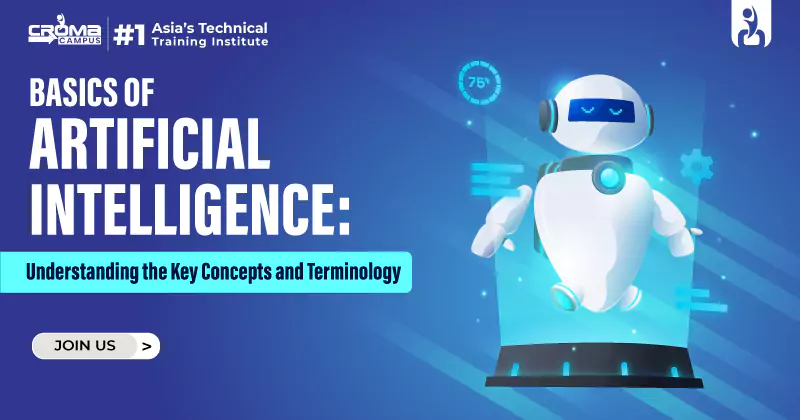










 Master in Cloud Computing Training
Master in Cloud Computing Training